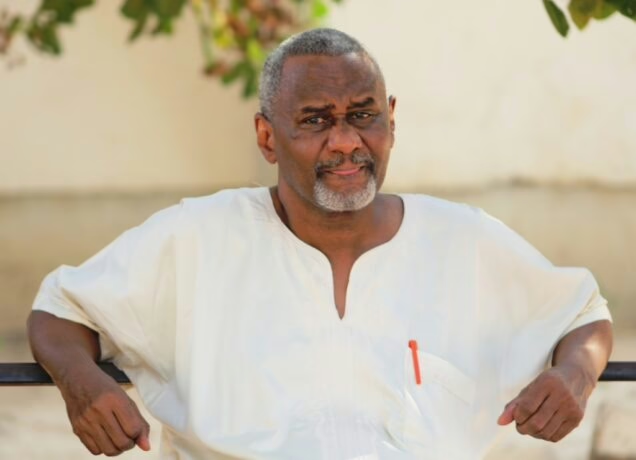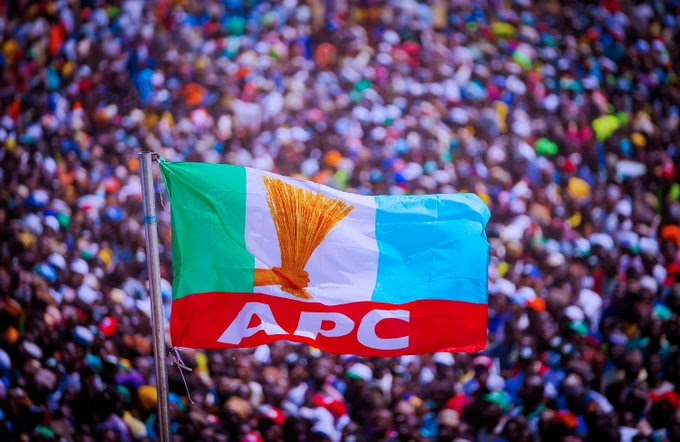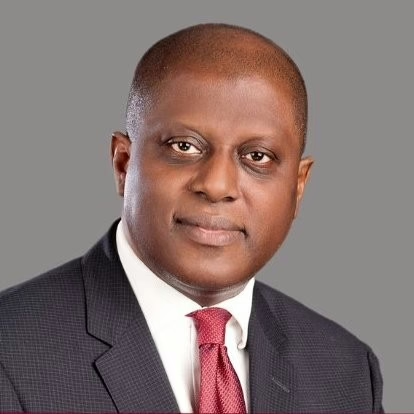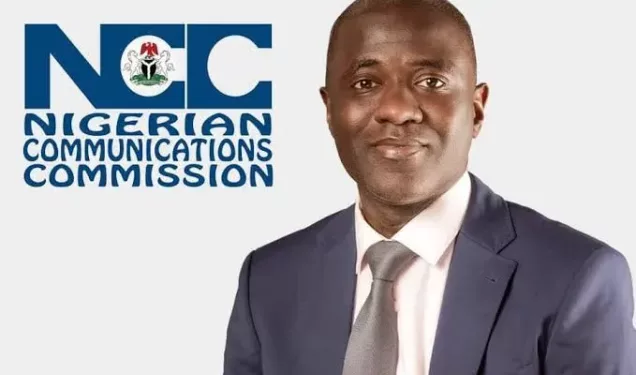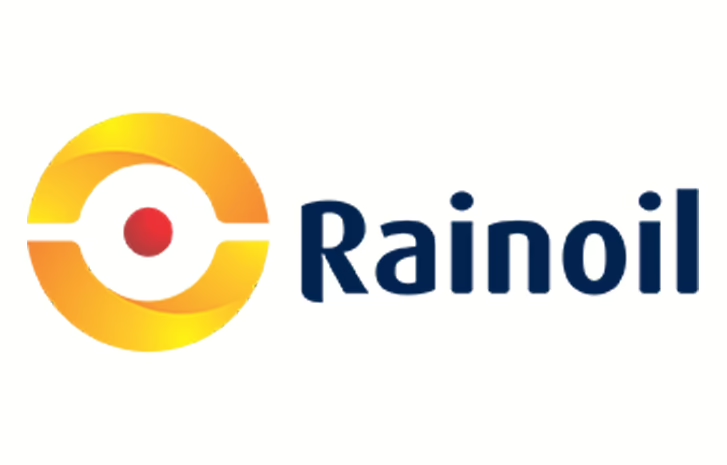“A bill for an Act to establish the South East Development Commission charged with the responsibility of, among other things, receiving and managing funds from allocation of the Federation Account for the construction and rehabilitation of roads, houses and other infrastructural damages suffered by the region as a result of the civil war as well as tackle the ecological problems and any other related environmental or developmental challenges faced by the south-eastern part of Nigeria and for related matters 2024. The bill was read the third time and passed.
“This bill is a very important bill that has been passed by this 10th Senate and so I hit the gavel to underscore the fact that this bill addresses all the fears of our dear brothers and sisters and my in-laws in the Southeast states of Nigeria.
“I want to say congratulations to you all and I pray that this commission will bring a lot of development and will also assist you to stop any formal agitation and bring peace to the region.”
With these words, the President of the Senate, Godswill Akpabio on Thursday, February 22, 2024, hit the gavel to signify the passage of the bill for the establishment of the Southeast Development Commission (SEDC) by the Senate.Thus, the bill should be on the desk of President Bola Ahmed Tinubu, awaiting his assent to enable the takeoffof the commission in the region.
Sponsored by the Deputy Speaker of the House of Representatives, Benjamin Kalu, and other lawmakers from the region, the bill also passed the third reading at the House in December 2023.
On the day the bill was passed at the House, Kalu had tweeted: “I am delighted that the House of Representatives successfully passed the bill for the establishment of the South East Development Commission after 53 long years.
“This commission when established will be charged with the responsibility of receiving and managing funds from allocation of the Federation Account for the reconstruction and rehabilitation of roads, houses and other damages suffered by the region as a result of the effect of the civil war in addition to ecological problems and other related environmental or developmental challenges in the Southeast states, which include Abia, Imo, Enugu, Anambra and Ebonyi.”
Those who have followed developments in the country would readily agree that since the end of the Nigeria civil war 53 years ago, the people of the Southeast have complained about the ugly encounter, which destroyed their economy and placed the zone at the receiving end in the scheme of things in the country.
Part of the lamentations of the people was that leveraging the Reconciliation, Reconstruction and Rehabilitation (Three R) declared by a former head of State, General Yakubu Gowon (retd.) after the war, the Federal Government was able to give speedy attention to rebuilding infrastructure and other misgivings suffered by other zones of the country during the unfortunate fratricide but failed to pay such attention to the Southeast region. They also stated that while the Federal Government has gone further to set up Development Commissions in other regions to address the infrastructural gaps in those areas and has continued to fund those commissions, none of such had come the way of the region.
This and other actions of the Federal Government that showed that the zone was being neglected, according to the people,gave rise to the youth restiveness in the area that has led to agitations for secession and the attendant insecurity – kidnappings, armed robbery and killings – that has become the order of the in the region.
They also argue thatthe underdevelopment of the zone fuels the rate of migration by youths of productive age to other regions of the country.
A lecturer at the Nnamdi Azikiwe University, Fedrick Nwigwe, recently told
The Guardian that poor infrastructure in the region has manifested in “low per capita income, low investment and low contribution in Value Added Tax (VAT)” even as the people of the region don’t invest at home due to rising insecurity and poor patronage.
Citing a demographic representation of VAT collection by the Federal Inland Revenue Service (FIRS) for October 2021 to buttress the level of poverty in the region, he stated that Southeast had ranked lowest in the country.
Nwigwe added: “An eight months projected figures (January – August) of that year had shown that the entire five states generated about N21 billion and closely followed by the Northeast region with N38 billion.
“A further breakdown of the VAT collection by states in the region showed Abia generated N2 billion; Ebonyi N1.94 billion; Ebonyi N7.2 billion; Anambra N5.9 billion and Enugu N5.4 billion.
“Further findings then showed that Kano State alone within the period generated more VAT than the entire five states of the region put together.
The state had N24.4 billion in VAT.
“In 2022, the NBS declared 2.511 trillion VAT collections for the country over N2.165 trillion collected in 2021. It attributed the rise to local collection, Company Income Tax (CIT), manufacturing, ICT, finance and insurance, among others.
“A further breakdown also showed that South-West, South-South, North Central and North West, led with the Southeast trailing from behind. So, if we must change this ugly record, we must find ways to address the infrastructure needs of the zone and that is why a Development Commission is highly appreciated,” he said.
With the bill establishing a Development Commission for the zone now awaiting President Tinubu’s assent, stakeholders from the region are upbeat that the fortunes of the zone would change when the commission eventually takes off.
Founder of the All Progressives Grand Alliance (APGA), Chief Chekwas Okorie, who spoke on the issue, said: “We must rise in salutation to Hon. Benjamin Kalu, the Deputy Speaker and his colleagues, representing the Southeast geopolitical zone for the feat of effectively lobbying their counterparts to pass the bill.
“I hope that this epochal bill, which has received the concurrence of the Nigerian Senate, will be graciously assented to by President Bola Ahmed Tinubu. It will be to the eternal credit of President Tinubu that the very first step towards giving effect to the policy of Reconciliation, Reconstruction and Rehabilitation (3R) enunciated by General Yakubu Gowon, former head of state of Nigeria, 53 years ago, would be given practical expression in his era as President of Nigeria.”
Okorie said when the commission comes into existence, it should in addition to its core mandate of managing funds allocated from the Federation Account to address the consequences of the civil war in the Southeast states, also serve as a veritable platform to attract multiple investments to the zone.
On the importance of the commission, he stated that it would “solve the age-long problem of the Southeast governors’ inability to establish a common platform for integrated development of the region.”
Emeritus President General, Aka Ikenga, Chief Goddy Uwazuruike, also stated that the commission would fast-track the development of the region.
His words: “It’s necessary because a coordinated development programme for the Southeast is better than the fragments we see going in some states. The geographical size of the Southeast is very small and therefore easy to plan and implement. If the other zones have Development Commissions, then it is fit and proper that the same be extended to the Southeast.
“Today, we have Niger Delta, the North East, the North West and of course the one being centred on the Kainji Dam. Development Commissions actually help with the development of the remote areas unless, of course, the mistake of centering the headquarters in Abuja is made and the area of operation becomes a visiting one.”
He said there are enormous challenges waiting for the commission to address in the zone such as erosion issues, rehabilitation of infrastructure, roads, bridges, and creation of employment opportunities, among others.
Also, the Executive Director of Civil Liberties Organisation (CLO), Comrade Ibuchukwu Ezike, noted that the ugly economic and infrastructural situation of the Southeast region could be changed with well thought out policies of the commission, explaining that a Southeast Development Commission that is focused could drive the change.
Ezike, who was part of the Southeast delegation to the 2014 national conference, further told The Guardian: “I received with immense happiness the news that the bill has been passed by the House of Representatives. It is an interesting development and we are grateful to the lawmakers.
“While we were at the 2014 National Conference, most of us from the Southeast vigorously campaigned for the enactment of this commission to help develop the region drastically.
“As you may know, the two worst underdeveloped regions in Nigeria today are the Northeast and the Southeast. The National Assembly had since passed the North East Development Commission Bill into law, leaving the war battered Southeast region neglected.
“Now that the bill has been passed, we are appealing to the President to do the needful by complementing the efforts of the National Assembly in this regard by assenting to the bill,” he said.
He stated that the commission when fully established would in no small measure move development in the Southeast region progressively forward.
“This will geometrically change the ugly face of the Southeast and adequately compensate the Igbo of the Southeast extraction on war ravages. The establishment of the commission will help unite the people of the region and their governments in development strategies,” he added.
Although the general perception remains that the commission is an idea whose time has come, Ezike, however, thinks that certain precautions need to be taken for it to deliver on its mandate in the zone.
“Both the political parties and Ohanaeze Ndigbo politicians who repress, antagonise and work against the development of the region through their selfish, corrupt and primordial mindset, thoughts and actions, should be banned from running or bringing people who will run the commission.
“The law establishing the commission should contain this and ensure that people with high level integrity, who are selfless experts, truly committed and reliable Igbo chosen from the private sector, civil society and retired seasoned administrators with impeccable character etc, should run the commission with high profile monitoring mechanism that would deal with cases of corruption, abuse of the law and due process in the commission. Only this will assist the commission to succeed and rescue it from the vampires parading as politicians and parochial circulating Igbo elite – those lions that eat lions who claim to be Igbo leaders in mouth and not in actions.”
“Just recently, in an informal discussion, it was revealed that the Federal Government paid compensations in millions or billions of dollars to Ndigbo as reparation to us for the damages in humans and materials during the civil war (1967-1970) but few greedy and heinous characters parading as Igbo leaders received the money and shared it among themselves, excluding the brilliant old lawyer patriot who did the case selflessly. If this ugly story will not repeat itself, the law establishing this forthcoming commission must provide against hijacking the commission and its gains to the people by these hawks,” Ezike stated.


